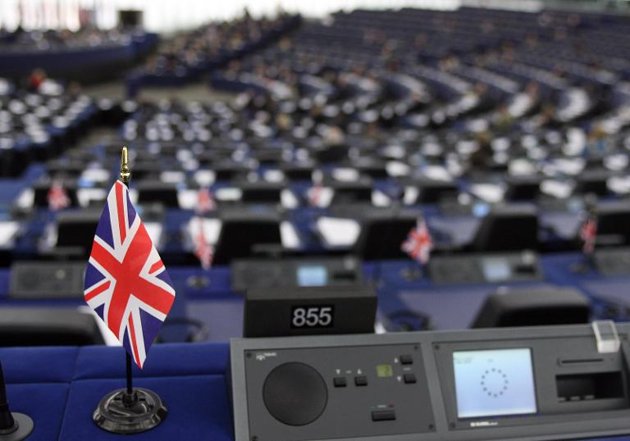Prime Minister David Cameron is increasingly hawkish on Europe ahead of a key election battle but his policies seem rudderless and could make an EU exit more likely, analysts said.
As he tries to rally eurosceptics from his Conservative party and fight the rise of the anti-EU UK Independence Party (UKIP), Cameron is resorting to what many observers describe as “knee-jerk reactions”.
The focus for tensions on Europe is a November 20 by-election where the UKIP’s lead over the Conservatives has many in government worried about more setbacks to come at the general election next year.
The government’s new position on blocking migrants from other parts of Europe appears to contravene EU rules and its hard line on the EU budget leaves little room for manoeuvre.
Glaring contradictions between government ministers on hot-button issues like immigration have left analysts scratching their heads.
“There has been a complete loss of understanding about where the government’s position is on Europe over the past two weeks,” said John Springford, a research fellow at the Centre for European Reform, a think tank in Brussels and London.
“Cameron lacks a strategy, he is reacting haphazardly,” said Iain Begg, a professor at the London School of Economics.
– ‘Brexit’ more probable –
Cameron has agreed to hold an in-or-out referendum on Britain’s EU membership in 2017 if he wins the general election in May.
He has promised to campaign “heart and soul” in favour of staying in a reformed European Union, but that vow has been looking increasingly frail since the UKIP won its first parliamentary seat in October.
The British premier has also failed to outline both the precise EU reforms he envisages and what he will do if he does not achieve his demands.
Begg said the loss of direction started with an “ill-judged campaign” by Cameron earlier this year to block Jean-Claude Juncker becoming head of the European Commission.
He said this added up to “a growing probability of a Brexit” — a term used for a British withdrawal from the European Union.
Tensions with Brussels have come to a head over the 2.1 billion euro ($2.6 billion) surcharge that Britain has been asked to pay for the EU budget by December 1, causing howls of anger across the country’s political spectrum.
A vote in the coming days in the House of Commons over whether Britain should continue to adhere to the European Arrest Warrant is also likely to see sparks fly between the government and rebellious Conservative backbenchers.
– Britain ‘under siege’? –
Raoul Ruparel, head of economic research at the Open Europe think tank, said Cameron does have an “underlying vision” on how to reform Europe, “although every so often there are issues that flare up and there are knee-jerk reactions”.
Ruparel said it was “possible” Cameron could achieve stated aims of restricting EU migrants’ access to the welfare system and even imposing a “temporary brake” on new arrivals.
The government’s rhetoric on immigration has hardened ahead of the November by-election although it was forced to back down after Defence Minister Michael Fallon’s comments about British cities being “under siege” from migrants drew criticism.
The UKIP, which campaigns against mass immigration, is up to 13 percentage points ahead of the Conservatives for the Rochester and Strood by-election in southeast England.
The latest national poll by ComRes also showed the UKIP rising by four points to 19 percent — its highest ever result. The Conservatives and official opposition Labour party were neck and neck at 30 percent.
But critics have said Cameron should be looking at another recent poll by Ipsos MORI that showed support for EU membership among Britons at 56 percent — the highest result since 1991.

COMMENTS
Please let us know if you're having issues with commenting.